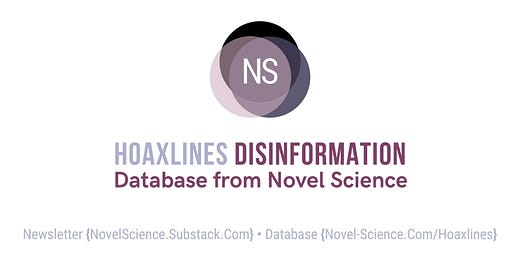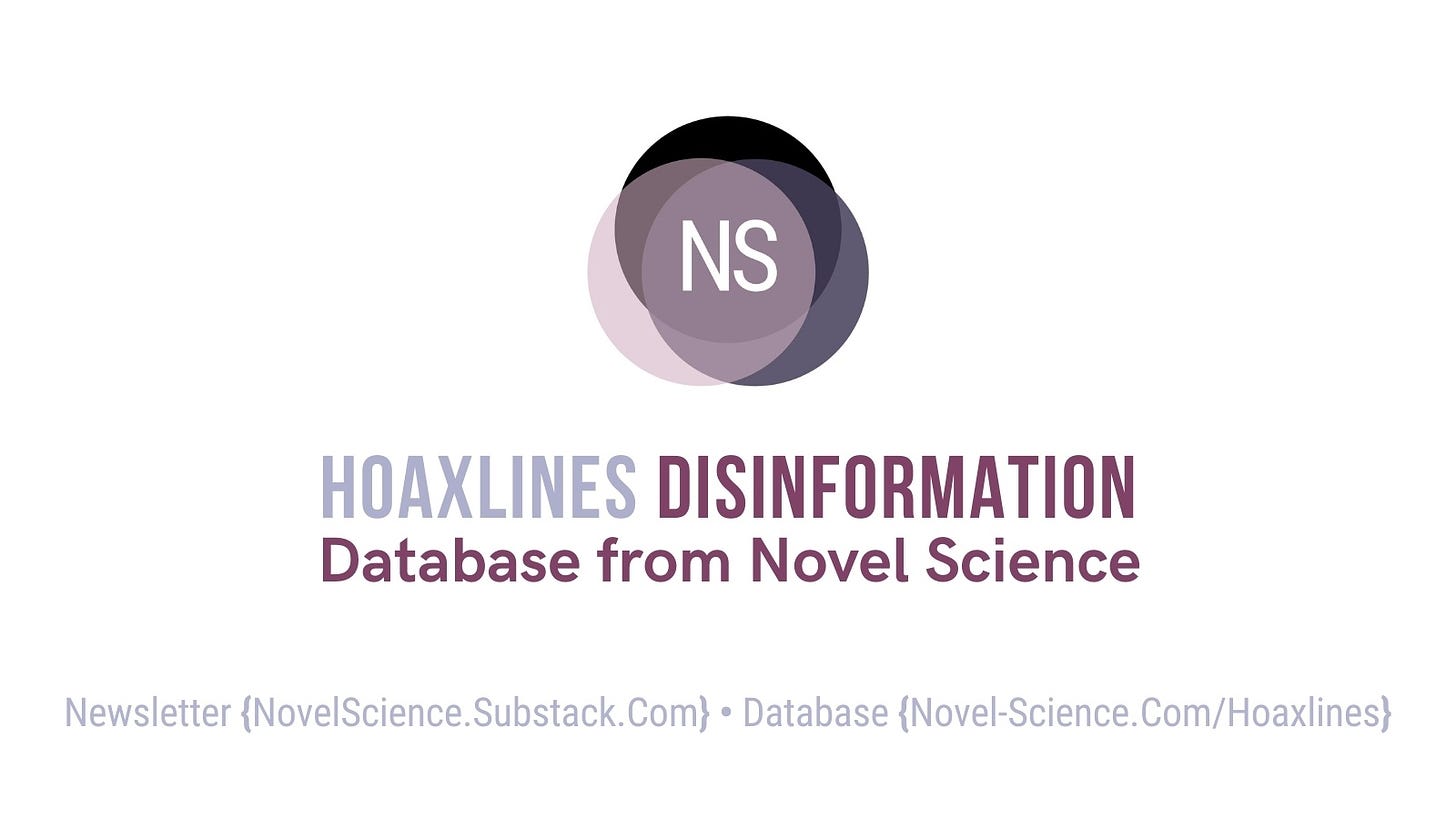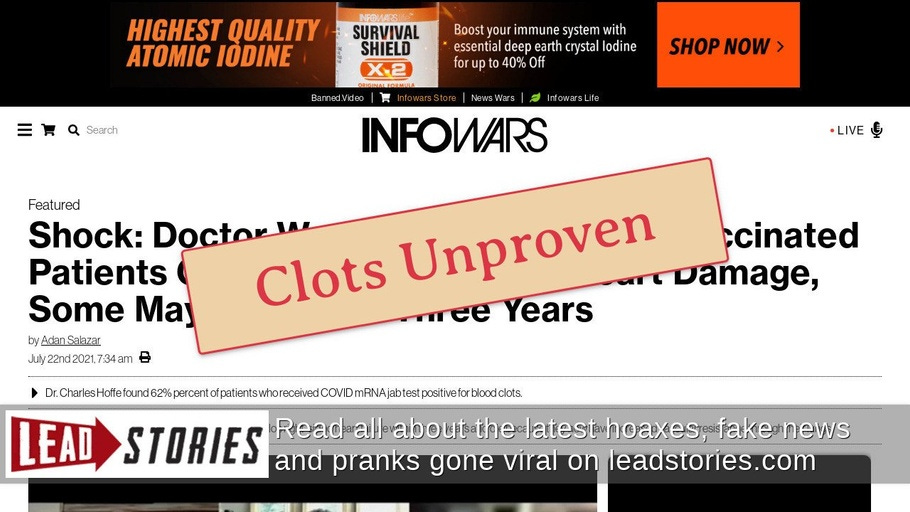Top Stories
Ex-Cambridge Analytica psychologist secretly aided prominent anti-COVID vaccine group
Leaked chat logs reveal how the former lead psychologist for Cambridge Analytica has been working behind the scenes with a notorious anti-vaccine group in the U.K.
After discovering that a subdomain on the HART website linked to the group’s Rocket.Chat, a popular Slack alternative, they found that the chat was accessible to anyone who registered an account. Later, realizing that they hadn’t been removed from the group, they began saving the messages, automatically archiving redacted message content every hour and uploading it to the internet.
The group prioritizes “optics” over mass messaging or public-facing content, and members emphasize the need to present their talking points in a “vanilla” manner for MPs, with “articles driven in journalistic style, so no redoing the science, but breaking it down for not too bright MPs and journalists to get their heads around and to aid our lobbying efforts.”
One of the group’s main goals is targeting MPs in order to exert influence within Westminster: “[MPs] are lemmings, I am afraid and they will only really follow if a few senior ones buy into what we publish.”
The HART Files: Inside the Group Trying to Smuggle Anti-Vaccine Myths into Westminster, from Logically AI
Ex-Cambridge Analytica psychologist secretly aided prominent anti-COVID vaccine group, by Mikael Thalen
Review of Facebook Response to White House, “Moving Past the Finger Pointing”
This review aims to correct the misleading or false claims made in the Facebook press release.

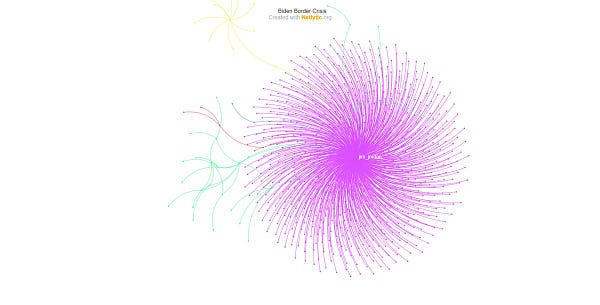
Covid


‘The war has changed’: Internal CDC document urges new messaging, warns delta infections likely more severe
The internal presentation shows that the agency thinks it is struggling to communicate vaccine efficacy amid increased breakthrough infections.
Who Are the Unvaccinated in America? There’s No One Answer.
For Tenants Nationwide, a Scramble to Pay Months of Rent or Face Eviction
A federal eviction moratorium is scheduled to end on Saturday. Many tenants are packing up and facing an uncertain future.
COVID-19 Surges Among Unvaccinated in Florida, Contrary to Baseless Claims
“While we don’t have specific data on this point, in our regular conversations with hospitals around the state, they report to us that more than 95% of hospitalized COVID-19 patients are not fully vaccinated,” Savannah Kelly, director of communications at the Florida Hospital Association, told us in an email.
“We are also seeing that the average age of individuals hospitalized with COVID-19 is much younger than previous peaks,” Kelly said. “The best defense against COVID-19 is the vaccine. The COVID-19 vaccines are safe, effective, and recommended by medical experts for everyone age 12 and older.”
Vaccines Remain Largely Effective Against Delta Variant, Counter to Claims From Fox News Guest
Several experts pointed us to the U.K. study as the most robust to date, although more data are needed to better understand how well the vaccines work against delta, and things could change in the future.
“I would say the best document is the New England Journal of Medicine paper,” said Dr. Peter Hotez, a vaccine expert and the dean of the National School of Tropical Medicine at Baylor College of Medicine. “I think that looks pretty sound, and it makes sense,” he said, that the effectiveness of the Pfizer/BioNTech vaccine might go down slightly for symptomatic illness but still hold up well against severe disease.
“Those data seem consistent with the USA experience so far,” said Shane Crotty, an immunologist at the La Jolla Institute for Immunology who has been studying COVID-19, of the U.K. paper, in an email. “Most hospitalization[s] are of unvaccinated people, and most of the outbreaks are in low vaccination states so far.”
Regardless of the specifics, McCullough’s attempt to use Israeli and U.K. data to argue against immunization contradicts the conclusions and calculations of the health agencies in those countries.
Threats
Google is profiting off ads for counterfeit COVID-19 vaccination cards
Google is profiting off ads for counterfeit COVID-19 vaccination cards, even though the product violates the company’s own advertising policies prohibiting content that exploits a public health emergency.


Reign of Fire: blazes surge-on ‘protected’ Amazon land under Bolsonaro
Devastating fires on legally protected land in the Amazon rainforest have surged under Brazilian president Jair Bolsonaro, the Bureau can reveal.
Satellite mapping of blazes and data on unlawful deforestation show the number of major fires on embargoed rural land increased from 77 in 2018, immediately before Bolsonaro took office, to 124 in 2020.
The Bureau’s investigation also found that beef from farmers accused of illegal deforestation – and subsequently sanctioned with embargoes – has still been making its way into global supply chains, including those serving at least two of the world’s biggest meat companies, JBS and Marfrig.
Hamilton Toplines: July 19-25, 2021 – Alliance For Securing Democracy
Russia
The most prominent theme in Russia’s ongoing coronavirus vaccine coverage last week emphasized protests against vaccine passports, health passes, and mandatory vaccinations proposed or enacted in Europe. Sputnik France highlighted statements from the Chinese government that vaccination would remain “voluntary” there, seeking to contrast that declaration with developments in France.
China
On Twitter, the two most prominent spokespeople at the Chinese Foreign Affairs Ministry went on the offensive with Hua Chunying accusing U.S.-based malicious botnet servers of controlling “about 4.46 million computers in China” and Zhao Lijian calling the United States the “empire of hacking.” Chinese embassies based in countries that publicly attributed the latest cyber campaign, such as the UK and Canada, issued formal rebuttals.
Iran
In its coverage last week of the U.S. withdrawal from Afghanistan, Press TV ran several stories alleging various schemes by which the United States plans to stay in Iraq indefinitely and reported on the Taliban’s proclamation that only U.S. diplomats can stay in Afghanistan. Press TV also amplified the Nicaraguan government’s condemnation of U.S. involvement in Latin America.

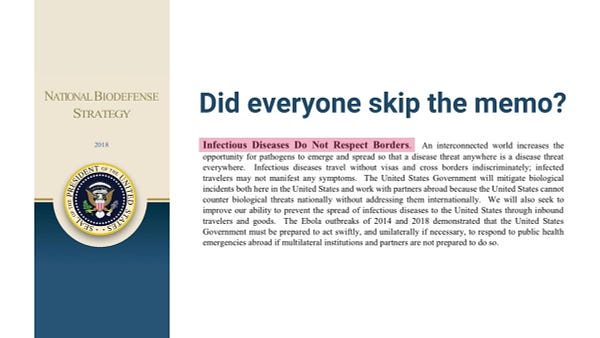
Disinformation News and Research
Big tech has a vaccine misinformation problem – here's what a social media expert recommends
by Anjana Susarla, Omura-Saxena Professor of Responsible AI, Michigan State University
With less than half the United States population fully vaccinated for COVID-19 and as the delta variant sweeps the nation, the U.S. surgeon general issued an advisory that called misinformation an urgent threat to public health. The advisory said efforts by social media companies to combat misinformation are “too little, too late, and still don’t go far enough.” The advisory came more than a year after the World Health Organization warned of a COVID-related “infodemic.”
There’s good reason to be concerned. A study in the U.K. and the U.S. found that exposure to online misinformation about COVID-19 vaccines reduced the number of people who said they would get vaccinated and increased the number of people who said they would not.
As a researcher who studies social media, I can recommend ways social media companies, in collaboration with researchers, can develop effective interventions against misinformation and help build trust and acceptance of vaccines. The government could intervene, but a bill to curb medical misinformation on social media filed in July is revealing some of the challenges – it’s drawing scorn for leaving to a political appointee, decisions about what constitutes misinformation.
The threat
A serious threat in online settings is that fake news spreads faster than verified and validated news from credible sources. Articles connecting vaccines and death have been among the content people engage with most.
Algorithms on social media platforms are primed for engagement. Recommendation engines in these platforms create a rabbit-hole effect by pushing users who click on anti-vaccine messages toward more anti-vaccine content. Individuals and groups that spread medical misinformation are well organized to exploit the weaknesses of the engagement-driven ecosystems on social media platforms.
Social media is being manipulated on an industrial scale, including a Russian campaign pushing disinformation about COVID-19 vaccines. Researchers have found that people who rely on Facebook as their primary source of news about the coronavirus are less likely to be vaccinated than people who get their coronavirus news from any other source.
While social media companies have actively tagged and removed misinformation about COVID-19 generally, stories about vaccine side effects are more insidious because conspiracy theorists may not be trafficking in false information as much as engaging in selectively distorting risks from vaccination. These efforts are part of a well-developed disinformation ecosystem on social media platforms that extends to offline anti-vaccine activism.
Misinformation on social media may also fuel vaccine inequities. There are significant racial disparities among COVID-19 vaccine recipients so far. For example, though vaccine-related misinformation is not the only source of these differences, health-related misinformation is rife on Spanish-language Facebook.
Here are two key steps social media companies can take to reduce vaccine-related misinformation.
Block known sources of vaccine misinformation
There have been popular anti-vaccine hashtags such as #vaccineskill. Though it was blocked on Instagram two years ago, it was allowed on Facebook until July 2021. Aside from vaccines, misinformation on multiple aspects of COVID-19 prevention and treatment abounds, including misinformation about the health benefits of wearing a mask.
Twitter recently suspended U.S. Rep. Marjorie Taylor Greene for a couple of days, citing a post of COVID misinformation. But social media companies could do a lot more to block disinformation spreaders. Reports suggest that most of the vaccine disinformation on Facebook and Twitter comes from a dozen users who are still active on social media referred to as the disinformation dozen. The list is topped by businessman and physician Joseph Mercola and prominent anti-vaccine activist Robert F. Kennedy Jr.
Evidence suggests that infodemic superspreaders engage in coordinated sharing of content, which increases their effectiveness in spreading disinformation and, correspondingly, makes it all the more important to block them. Social media platforms need to more aggressively flag harmful content and remove people known to traffic in vaccine-related disinformation.
Disclose more about medical misinformation
Facebook claims that it has taken down 18 million pieces of coronavirus misinformation. However, the company doesn’t share data about misinformation on its platforms. Researchers and policymakers don’t know how much vaccine-related misinformation is on the platforms and how many people are seeing and sharing misinformation.
Another challenge is distinguishing between different types of engagement. My own research studying medical information on YouTube found different levels of engagement, people simply viewing information that’s relevant to their interests and people commenting on and providing feedback about the information. The issue is how vaccine-related misinformation fits into people’s preexisting beliefs and to what extent their skepticism of vaccines is accentuated by what they are exposed to online.
Social media companies can also partner with health organizations, medical journals and researchers to more thoroughly and credibly identify medical misinformation.
Researchers who are working to understand how misinformation spreads rely on social media companies to conduct research about users’ behavior on their platforms. For instance, what researchers do know about anti-vaccine disinformation on Facebook comes from Facebook’s CrowdTangle data analysis tool for public information on the platforms.
Researchers need more information from the companies, including ways to spot bot activity. Facebook could follow its own example from when it provided data to researchers seeking to uncover Russian fake news campaigns targeted at African American voters.
Data about social media will help researchers answer key questions about medical misinformation, and the answers in turn could lead to better ways of countering the misinformation.
Chinese Disinformation Efforts on Social Media
The authors identify key Chinese practices and the supporting infrastructure and conditions needed to engage in successful social media disinformation campaigns and conclude that China is using Taiwan as a testbed for developing attack vectors.
The authors recommend being competitive in shaping and countering messages on social media, working to engage and protect Chinese-American service members (China's most likely targets), and incorporating adversary social media disinformation into future wargames.
Combating Foreign Disinformation on Social Media: Study Overview and Conclusions
The authors found that disinformation campaigns on social media may be more nuanced than they are commonly portrayed. Still, much of the response to disinformation remains ad hoc and uncoordinated.
Disinformation campaigns on social media will likely increase over the coming decade, but it remains unclear who has the competitive edge in this race; disinformation techniques and countermeasures are evolving at the same time. This overview of a multi-volume series presents recommendations to better prepare for this new age of communications warfare.
How Russia and China attempt to influence US vaccine conversations — The Virality Project
Both Russia and China actively shape the conversation about COVID-19 vaccines online by selectively amplifying pre-existing content and injecting new stories and angles. Russia often promotes content that drives at social and political cleavages, in particular, promoting content that sparks outrage and challenges the trustworthiness of institutions.
China, on the other hand, is more likely to create content that promotes itself while at the same time strategically highlighting negative content on Western vaccines or other countries’ vaccine distribution when it aligns with those goals. The Virality Project has tracked several instances where this content either gives a platform to anti-vaccine influencers or where posts by Russian and Chinese state media circulate around anti-vaccine communities.
These instances highlight how content from Russia and China can inform or amplify anti-vaccination narratives in the US.
More protests are poised to test the Cuban regime’s ability to clamp down on the country’s digital spaces and retain its grip on power.
Misinformation spreads as CDC mask guidance changes
The recommendation for students and teachers to wear masks in all K-12 schools will resume, regardless of vaccination status, Walensky said. The updated recommendations were issued after new data showed the Delta variant can spread even among vaccinated people. However, the CDC chief reiterated that vaccines have been shown to substantially reduce the risk of hospitalization with Covid-19.
The CDC had said in May that fully vaccinated people could stop wearing masks indoors — advice that was aimed at encouraging vaccination — but some experts warned the move was a gamble as it could encourage the unvaccinated to shed their masks as well. Acknowledging fatigue with the pandemic and shifting guidance, Walensky concluded her remarks by saying that “[t]his is not a decision that was taken lightly.”
Media Unintentionally Boosted Russian Disinformation Tweets
Many legacy media outlets played an unwitting role in the growth of the four most successful fake Twitter accounts the Russian Internet Research Agency created to spread disinformation during 2016.
Fact Checks
Yes, a Child in Colorado Died from the Plague
Health officials advise the public to “know the symptoms to stay safe.”
Macron didn’t say he would no longer sacrifice his life for people who refuse Covid-19 vaccines
Fact check: COVID-19 PCR tests don't detect virus variants
A PCR test looks for the presence of viral genetic material in someone's body. If a PCR test returns positive, a patient's sample will typically go through a more detailed analysis called genomic sequencing. This technique decodes the coronavirus' genome, searching for any new mutations – or ones that match known variants.
Antibody-dependent enhancement (ADE) is a mechanism that occurs when antibodies can't neutralize a virus but instead increase its ability to infect cells, making the disease worse. While ADE was a concern during COVID-19 vaccine development, previous knowledge allowed researchers to minimize this risk from early stages.
COVID-19 vaccines haven't shown signs of causing more severe disease in animal studies, clinical trials, nor vaccination roll-out. On the contrary, all FDA-authorized COVID-19 vaccines are highly effective in preventing severe disease.
Fact check: Viral photo of woman wearing a face mask in the ocean is fake
Fact check: Posts makes false claim about GM, electric cars
Facebook post on tetanus jabs gets a lot wrong
A Facebook post contains lots of false information about tetanus, including misinformation about the types of wounds that can lead to tetanus infection and the fact that a bleeding wound means there is “NO tetanus.”
Recommended Reads
If you watch Fox News, you’d think crime is skyrocketing. But the reality is much more complicated.


How to speak up without starting a showdown
I Signed Up for Texts from Mike Lindell. Here's What He Sent Me.

